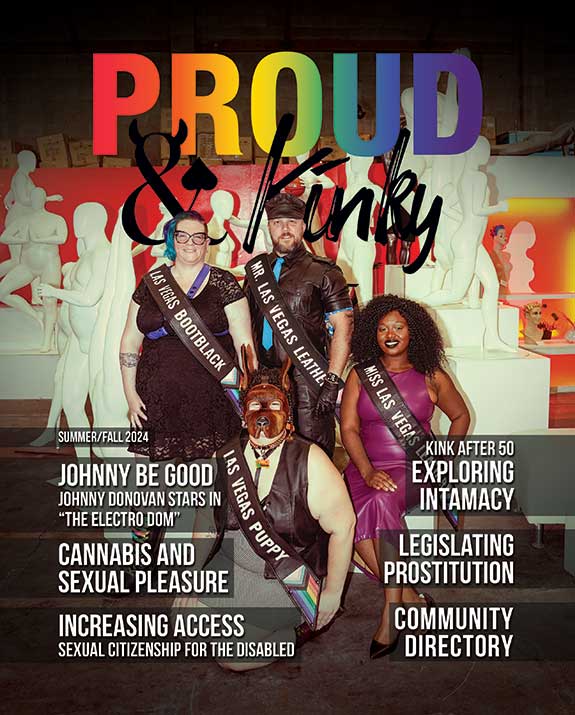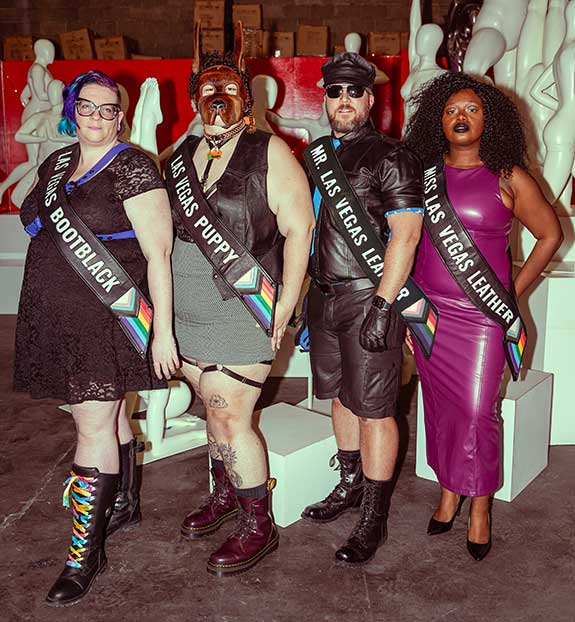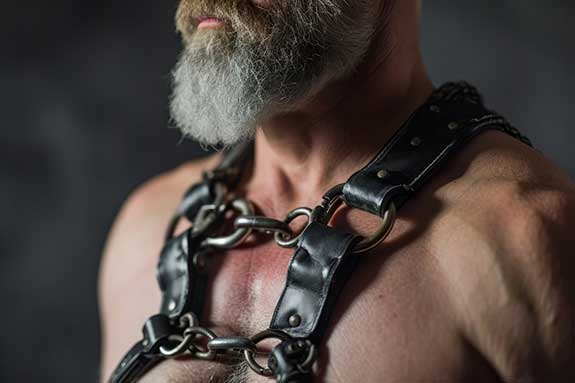Legislating Prostitution
By Decriminalize Sex Work
Across the United States, the purchase of sex is criminalized, with Nevada being the notable exception where buying and selling sex is legalized in very specific areas under restrictive conditions. Evidence demonstrates that criminalizing prostitution results in increased violence and exploitation, and advocates argue that prohibition is extremely harmful. Many wonder if legalization might make sex work safer; however, decriminalization, not legalization, is the only path toward improving the health, rights, and safety of sex workers and their communities.

DECRIMINALIZATION IS THE ONLY SOLUTION.
Consenting adults should not be arrested for their sexual choices, whether money is exchanged or not. Decriminalization, or the removal of criminal laws, is the optimal option to ensure health, safety, autonomy, and rights for all.
Legalizing sex work would create a set of laws, codes, and regulations specific to the sex industry. With the legalization of prostitution, people who buy or sell sex outside of these rules would be breaking the law and subject to arrest.
Decriminalizing sex work means that consenting adults who buy or sell sex are not committing a crime. With the decriminalization of prostitution, there would, of course, still be laws against trafficking, rape, violence, and sex work involving minors.
LEGAL BROTHELS IN NEVADA
In 1971, Nevada became the only state in the U.S. to legalize prostitution, permitting strictly licensed and regulated brothels in sparsely populated counties of the state. However, brothels remain illegal in the major cities of Las Vegas, Reno, and their suburbs. Legally licensing a limited number of brothels created a two-tiered system that benefits brothel owners at the expense of sex workers.
The overwhelming majority of sex workers are unable or unwilling to work under the conditions created by legalization, including applying for licenses, registering with local sheriffs, and working in one of the few brothels in rural Nevada, where workers are subject to their manager’s, county, and state rules. Strictly enforced policies prevent people from engaging in consensual adult prostitution outside of licensed brothels, and resulted in 2,859 arrests in 2018.1
Even under the “legalization” model, Nevada has the highest prostitution arrest rate per capita, at 95.3 arrests per 100,000 residents.2 This model may work for those who are able to participate, but it is not beneficial for all people engaged in the sex industry, nor does it carry broader public safety benefits that reach beyond the rural communities with brothels.

FULL DECRIMINALIZATION IN NEW ZEALAND
New Zealand decriminalized consensual adult prostitution in 2003 with the passage of the Prostitution Reform Act (PRA). A government report five years after implementing the PRA concluded that “the PRA has been effective in achieving its purpose, and the Committee is confident that the vast majority of people involved in the sex industry are better off under the PRA than they were previously.”3
Sex workers in New Zealand and in parts of Australia where sex work has been decriminalized report safe working conditions and frequently cooperate with law enforcement. Since the passage of the PRA, sex workers are no longer subject to exploitation by criminals. Rather than being prosecuted, sex workers are protected by law enforcement. Violence against sex workers has declined as they are able to report crimes committed against them without fearing arrest. There have even been cases of police ensuring payment to sex workers for their services and prosecuting clients for attempted theft.4
WE DIDN’T LEGALIZE GAY SEX — WE DECRIMINALIZED IT
Sodomy laws were deemed to be unconstitutional in the U.S. in 2003. States did not establish new bureaucratic positions and oversight committees to issue licenses, STI tests, or consent forms to people engaging in sodomy. They simply stopped arresting adults for engaging in consensual sexual behavior. Decriminalizing prostitution would similarly allow consenting adults who choose to exchange things of value for sexual services the freedom from prosecution.
1 Norma Jean Almodovar, “2000-2018 Total Prostitution Arrests by State Adult and Juvenile: Table 69/22,” PoliceProstitutionandPolitics.com, November 16, 2019, https://www.policeprostitutionandpolitics.com/end_demand_stats_all/2018_operation_do_the_math/2018_Part_I_to _VII_all/Part_III_A/2018_Part_III_A_page_5.jpg.
2 Almodovar, “2000-2018 Total Prostitution Arrests.”
3 Ministry of Justice, “Report of the Prostitution Law Review Committee on the Operation of the Prostitution Reform Act 2003,” New Zealand Government, May 2008, 168, http://prostitutescollective.net/wp-content/uploads/2016/10/report-of-the-nz-prostitution-law-committee-2008.pdf.
4 “The New Zealand Model,” New Zealand Prostitutes’ Collective, accessed April 20, 2020, https://www.nzpc.org.nz/The-New-Zealand-Model.
This article was originally published in the second issue of PROUD & Kinky Magazine. You may read it in its original format here.






